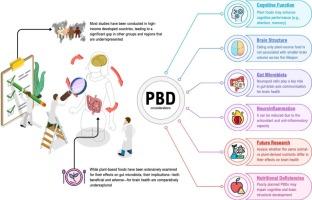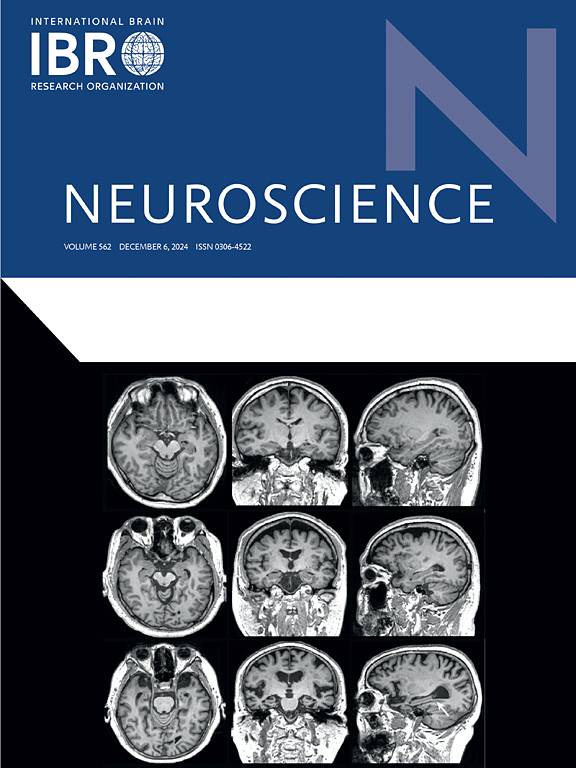From plate to brain: benefits, deficiencies, and research needs of plant-based diets
IF 2.8
3区 医学
Q2 NEUROSCIENCES
引用次数: 0
Abstract
In recent years, plant-based diets and their specific components have gained popularity across all age groups and have attracted growing interest in the scientific community due to their potential health benefits. While these benefits have been extensively studied concerning overall health, their impact on cognitive performance and brain structure remains less understood. At the same time, concerns have been raised about the potential risk of nutritional deficiencies associated with plant-based diets. Given these uncertainties and gaps in the literature, it is crucial not only to recognize the potential benefits but also to address the possible drawbacks of plant-based eating. Moreover, little is known about the role of specific plant-derived components in brain function and structure, as well as the most effective strategies to mitigate potential risks.
Special attention is given to the modulatory role of the gut microbiota, short-chain fatty acids, and neuroinflammation. Moreover, this review identifies critical gaps in research involving younger individuals and populations from low- and middle-income countries, where dietary transitions and nutritional deficiencies pose unique risks.
Therefore, this review provides a novel perspective by critically integrating evidence on the benefits and risks of plant-based diets, encompassing brain structure, cognitive function, and potential bidirectional neurochemical pathways via the gut-brain axis, while highlighting implications across different life stages and underrepresented populations.

从盘子到大脑:植物性饮食的好处、不足和研究需求。
近年来,植物性饮食及其特定成分在所有年龄组中都很受欢迎,并且由于其潜在的健康益处,引起了科学界越来越大的兴趣。虽然这些益处已经被广泛研究,但它们对认知表现和大脑结构的影响仍然知之甚少。与此同时,人们对植物性饮食可能导致营养缺乏的风险表示担忧。鉴于文献中的这些不确定性和空白,不仅要认识到潜在的好处,而且要解决植物性饮食可能存在的缺点,这一点至关重要。此外,人们对特定植物源性成分在大脑功能和结构中的作用以及减轻潜在风险的最有效策略知之甚少。特别关注肠道菌群、短链脂肪酸和神经炎症的调节作用。此外,本综述确定了涉及低收入和中等收入国家的年轻人和人群的研究的关键差距,这些国家的饮食转变和营养缺乏构成独特的风险。因此,本综述通过批判性地整合关于植物性饮食的益处和风险的证据,提供了一个新的视角,包括大脑结构、认知功能和通过肠-脑轴的潜在双向神经化学途径,同时强调了不同生命阶段和代表性不足的人群的影响。
本文章由计算机程序翻译,如有差异,请以英文原文为准。
求助全文
约1分钟内获得全文
求助全文
来源期刊

Neuroscience
医学-神经科学
CiteScore
6.20
自引率
0.00%
发文量
394
审稿时长
52 days
期刊介绍:
Neuroscience publishes papers describing the results of original research on any aspect of the scientific study of the nervous system. Any paper, however short, will be considered for publication provided that it reports significant, new and carefully confirmed findings with full experimental details.
 求助内容:
求助内容: 应助结果提醒方式:
应助结果提醒方式:


